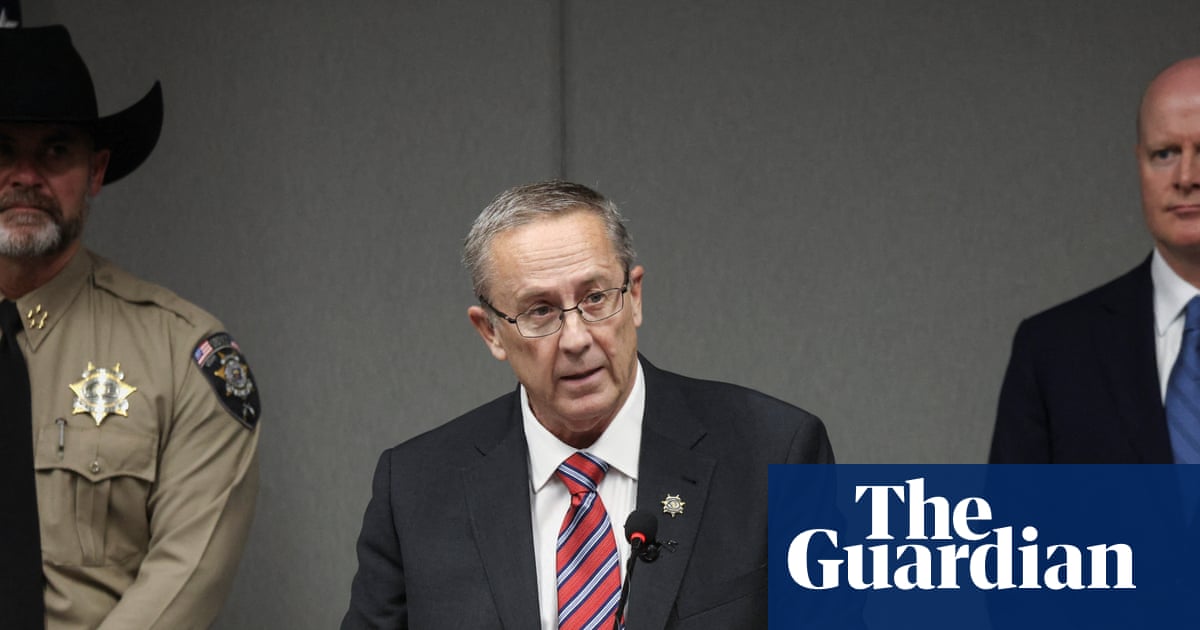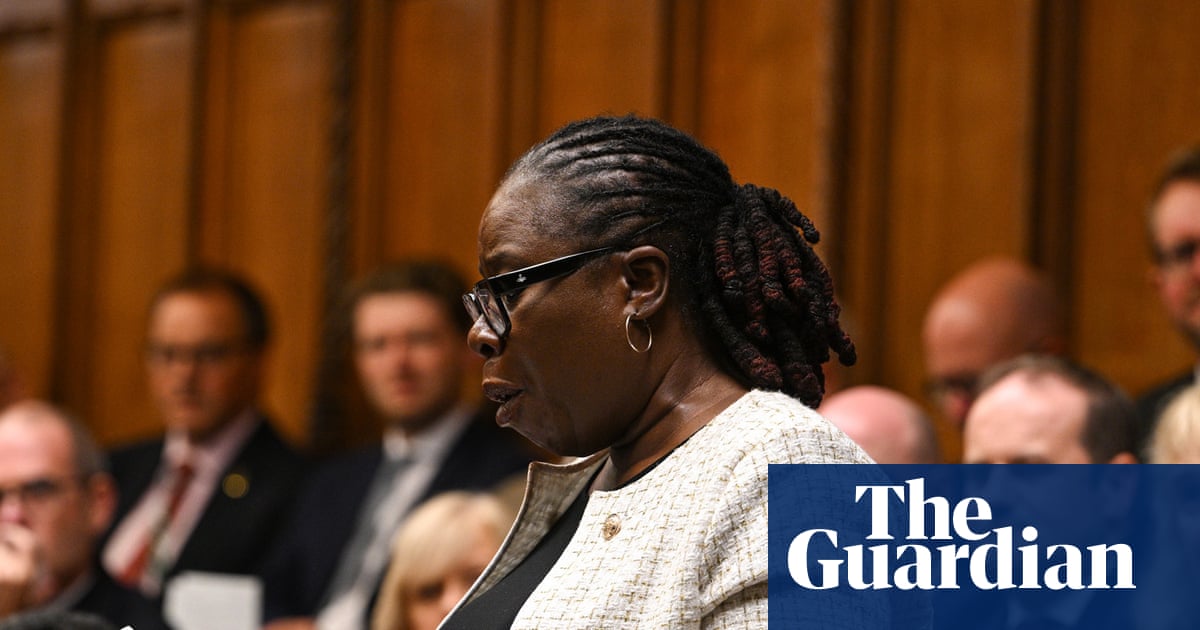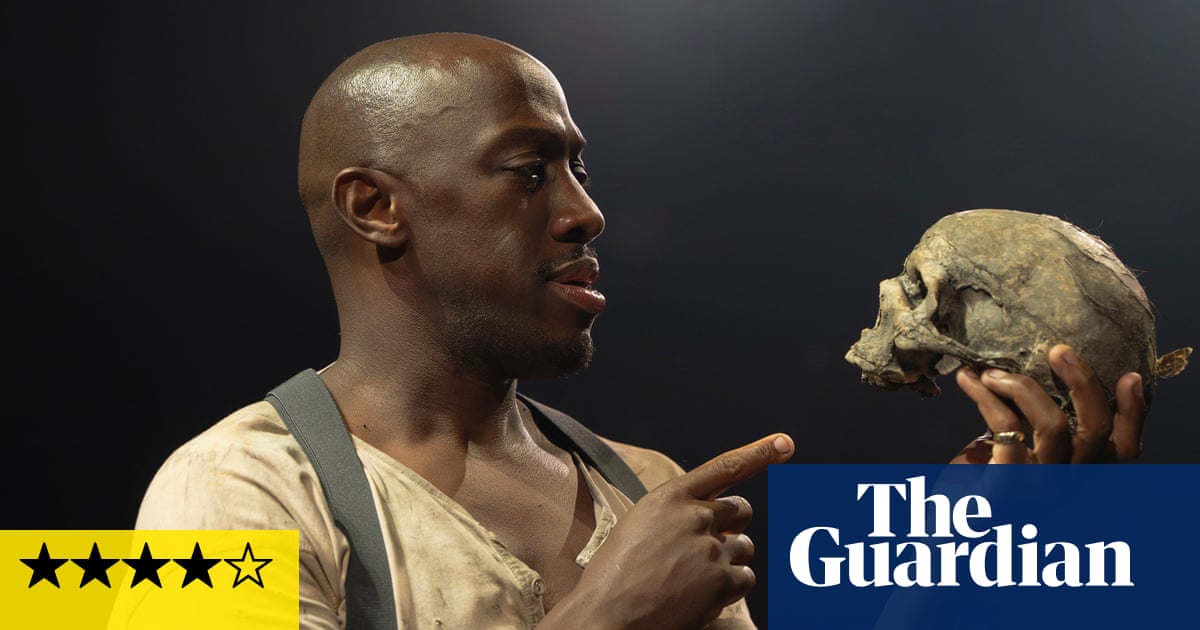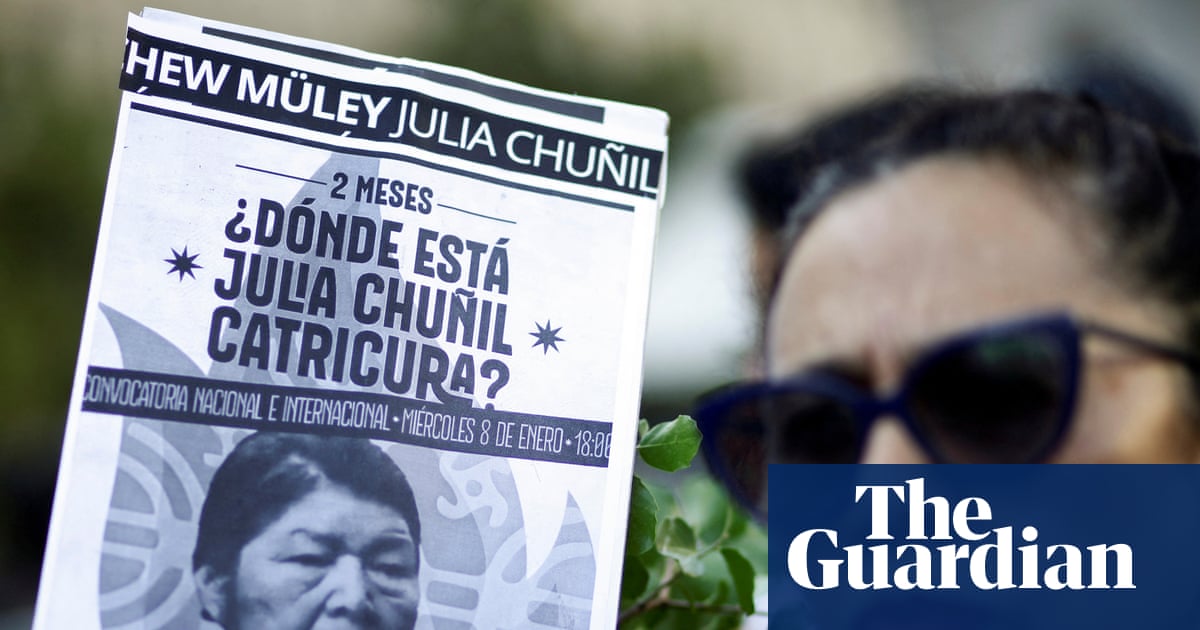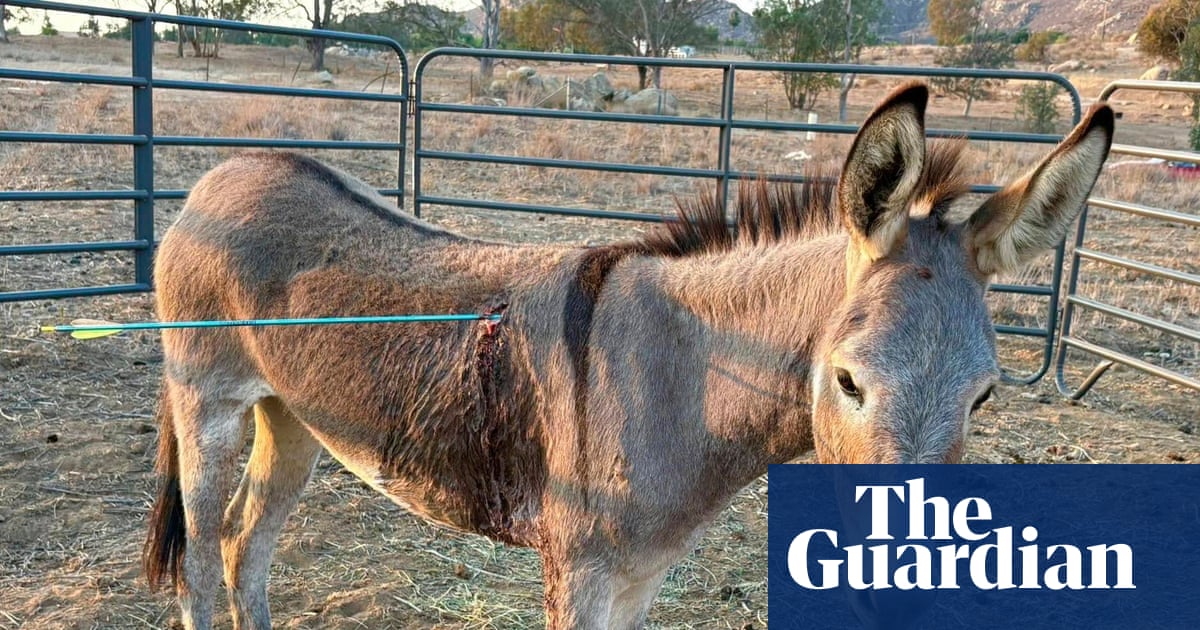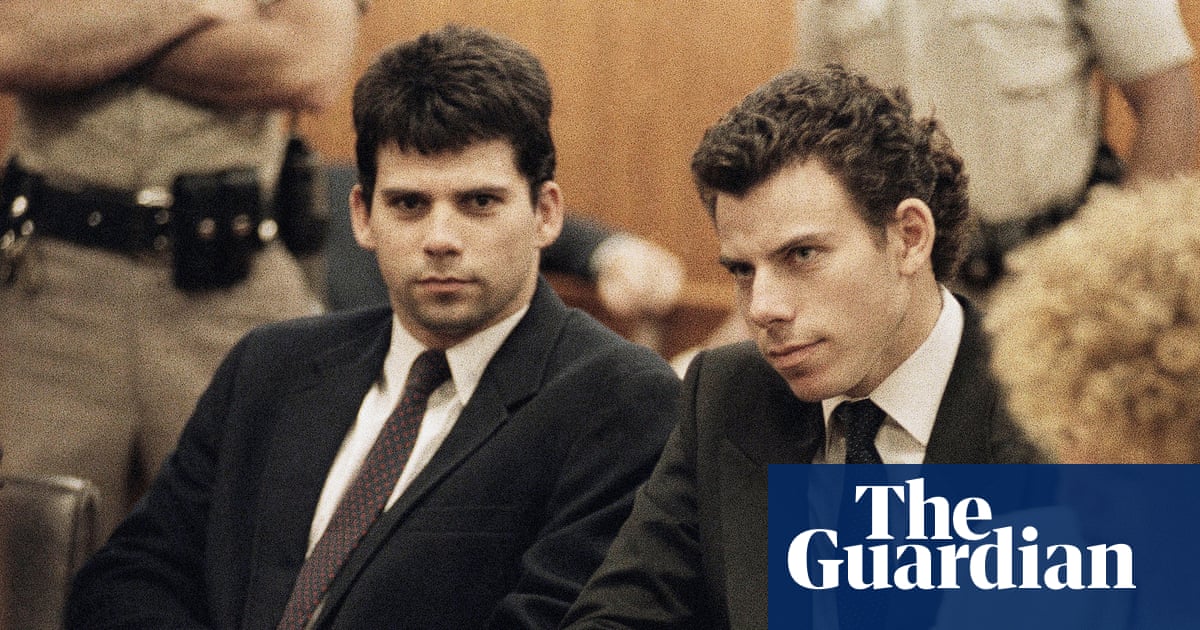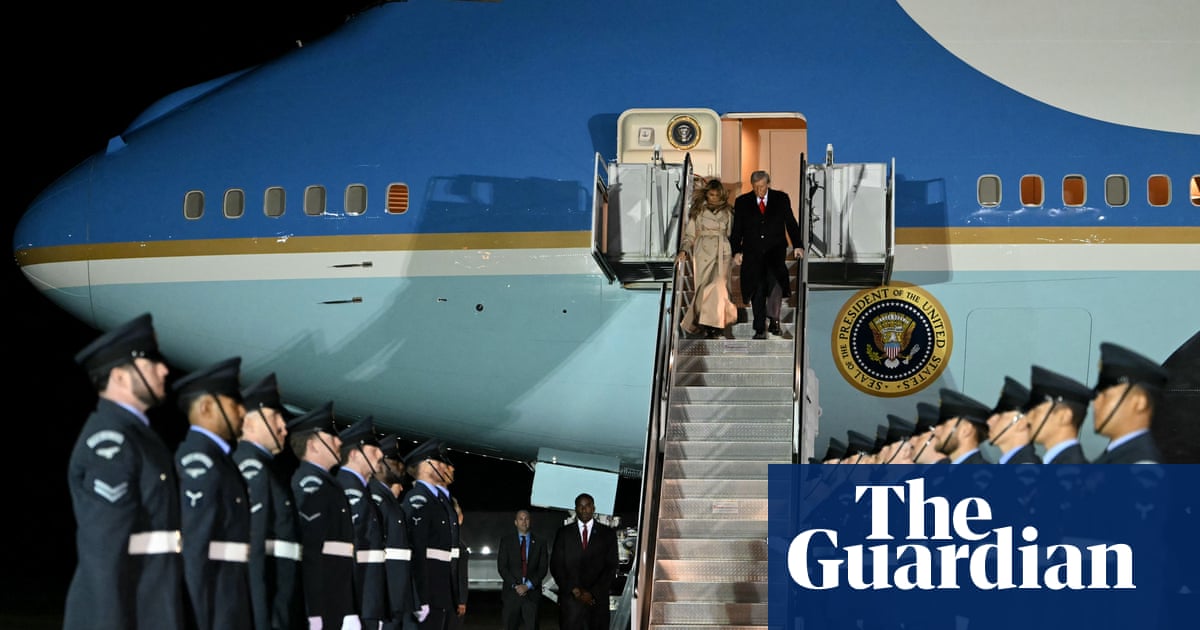‘I don’t have any family connections in comedy or television, my leg up was that I went to a posh university that had this relationship with Edinburgh,” says Nish Kumar, who joined sketch group the Durham Revue while he was a student and got his first taste of the Edinburgh festival fringe – and his future career – as part of the troupe. “The Revue going to the fringe created so many opportunities for me. There is nothing anywhere in the world like it. For all of its problems, I still see that it has this ability to change people’s lives and teach people the job of being a comedian.”
Now, as the cost of taking shows to the fringe continues to rise, current members of the Durham Revue and other student sketch groups say they are being priced out of the performing arts festival.
“We’re looking at the fact that this could be our last year,” says Alannah O’Hare, co-president of the Durham Revue, which as well as Kumar, counts Ambika Mod, Ed Gamble, Bafta-nominated TV writer Tom Neenan and Taskmaster’s Stevie Martin as alumni. The group has gone to the fringe almost every year since the mid-70s. “There’s a huge legacy there,” says O’Hare. “But it’s becoming increasingly impossible.”
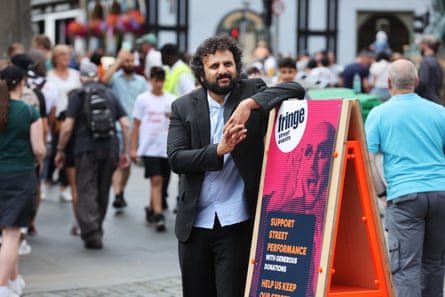
Durham isn’t the only university with a legacy of developing comedy talent. As well as the Cambridge Footlights and Oxford Revue, there is the Bristol Revunions, rekindled in 2008 by Charlie Perkins (now Channel 4’s head of comedy), which counts Jamie Demetriou, Ellie White and Charlotte Ritchie as former members. In the north-west there are the Manchester Revue and the Leeds Tealights, which boasts comedians Annie McGrath and Jack Barry, producer Phoebe Bourke and comedy agent Chris Quaile among its alumni.
Kumar first experienced the fringe’s transformative effects in 2006. Every year, Revue members write sketches and put on shows in Durham, with the goal of creating an hour of comedy gold for the festival. “That was the whole purpose, because we wanted to be professional comedians and there isn’t an obvious route,” Kumar says. Performing every day for a month improved his writing, plus, he says: “You get a certain comfort that means you’re not having a full-blown physiological panic attack every time you stand on stage. That confidence never leaves you.”
Students also get the chance to watch other shows, which “teaches you a lot about what you can do in comedy” and helped Kumar understand that not every interesting comedian is a TV star, but there’s a pipeline to it. “I got to see Russell Howard in a room with 100 people and then six months later he appeared on TV,” Kumar says.
Crucially, students get to experience this without racking up substantial debt. “The opportunity to go as students where you’re not putting huge amounts of personal finances at risk, it’s a really fleeting opportunity,” says O’Hare. If students must fund the experience themselves, “you’ll lose working-class voices, you’ll lose lower-middle-class voices,” says Kumar. “But we won’t lose art from posh people because they have independent wealth.”
McGrath, who attended three fringes with the Tealights, agrees: “Edinburgh has already become wildly unaffordable for so many acts and punters, and landlords have a lot to answer for. It’s really sad as it could wipe out a generation of new talent. It also means there’s a lack of diversity in what is being created if only the wealthiest acts and biggest names are able to go.”
Her student experience was “totally magical” and “instrumental in shaping the path I took after university,” McGrath says. “Edinburgh is where I met so many of my comedy contemporaries, and I managed to get an agent the summer I graduated which gave me the confidence to think this could be a viable career.”
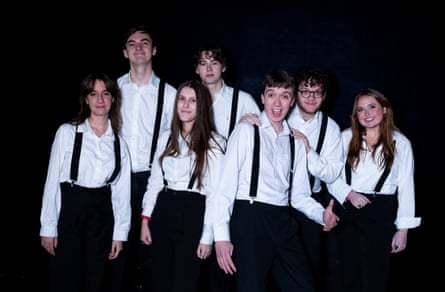
Durham Revue and other troupes fund fringe runs from profits of the previous year, with extra money raised by staging shows throughout the year and, if they’re lucky, grants from their university. These are not guaranteed and becoming harder to secure as university finances are squeezed, say O’Hare and Evie Cowen from the Leeds Tealights.
The biggest hurdles are venue and accommodation costs, says O’Hare. This year, the Revue will spend about £9,000 on accommodation – 60% of its overall costs – “and that’s students sharing beds, it’s not luxurious living”. Cowen says the Tealights have found accommodation for £6,500, a huge increase on the £4,000 spent in 2023.
To cover the increases, Durham Revue has started its first crowdfunder, to which Kumar and other alumni have contributed. Yet this “does not offer a long-term solution”, O’Hare says. Leeds Tealights turns 20 this year and hopes money raised from an anniversary show will cover festival costs. Both groups worry about how they will bridge the gap in 2026.
“It feels like the inaccessibility of it has accelerated over the past few years, and it’s impacting young people and students and people starting out,” O’Hare says.
Is there a solution? Kumar says lack of university investment is “shortsighted”. “I’d definitely like to see more bursaries coming in to help,” Kumar says. “They’re talking about placing taxes on streaming services to reinvest into UK television – I’d like to see more of that invested into grassroots arts programmes. We need to look at how arts funding has been slowly chipped away for the past 15 years.”
If students from all financial backgrounds can no longer attend the fringe, “you’re losing a really valuable training ground,” Kumar says. “Comedy is one of the things we still do well in this country. Not providing funding for it is insane.”

 3 months ago
91
3 months ago
91


